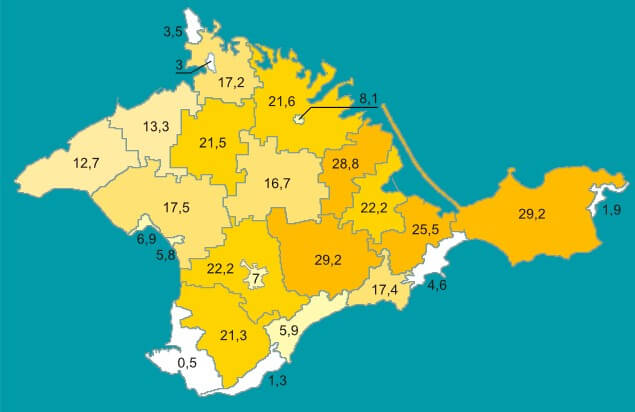Tatars (sometimes spelled Tartars) are a Turkic people, numbering roughly 7 million. The majority of Tatars live in the Russian Federation, with a population of around 5.5 million, about 2 million of which in the republic of Tatarstan. Significant minority populations are found in Uzbekistan, Kazakhstan, Ukraine, Tajikistan, Kyrgyzstan, Turkmenistan, Azerbaijan and Turkey.
The Tatars originate with the Tatar confederation in the north-eastern Gobi desert in the 5th century. After subjugation in the 9th century by the Khitans, they migrated southward. In the 13th century, they were subjugated by the Mongol Empire under Genghis Khan. Under the leadership of his grandson Batu Khan, they moved westwards, forming part of the Golden Horde which dominated the Eurasian steppe during the 14th and 15th centuries. In Europe, they were assimilated by the local populations or their name spread to the conquered peoples: Kipchaks, Kimaks and others; and elsewhere with Uralic-speaking peoples, as well as with remnants of the ancient Greek colonies in the Crimea and Caucasians in the Caucasus.
Siberian Tatars are survivors of the Turkic population of the Ural-Altaic region, mixed to some extent with the speakers of Uralic languages, as well as with Mongols.
The three ethnic descendants of the 13th-century westward migration are Volga Tatars, Lipka Tatars and Crimean Tatars, most of whom adopted Islam in the medieval period.
Text adapted from Wikipedia’s article on the Tatar Peoples



